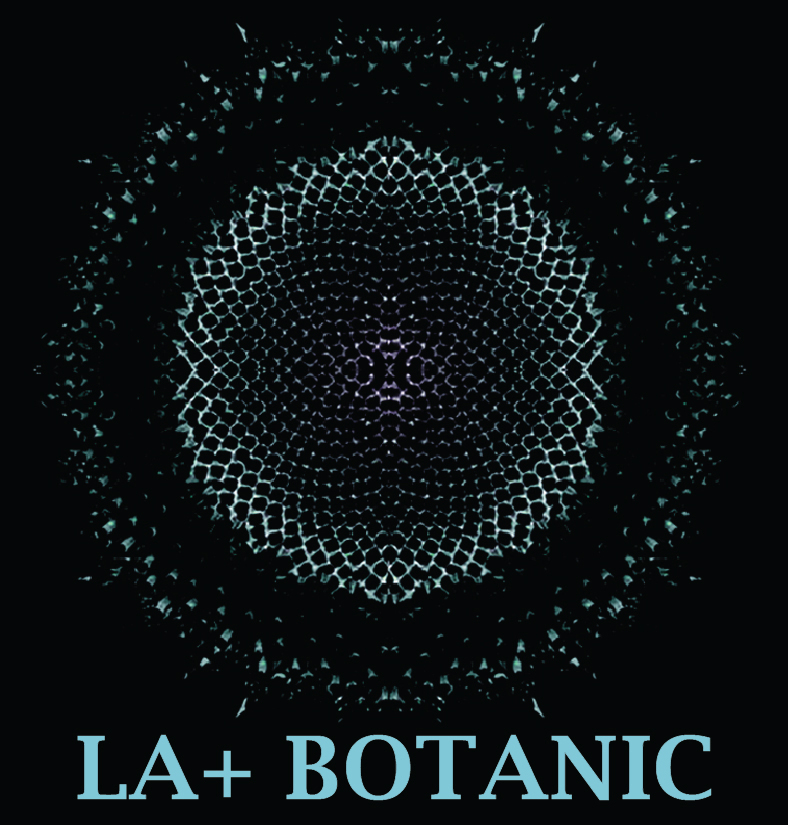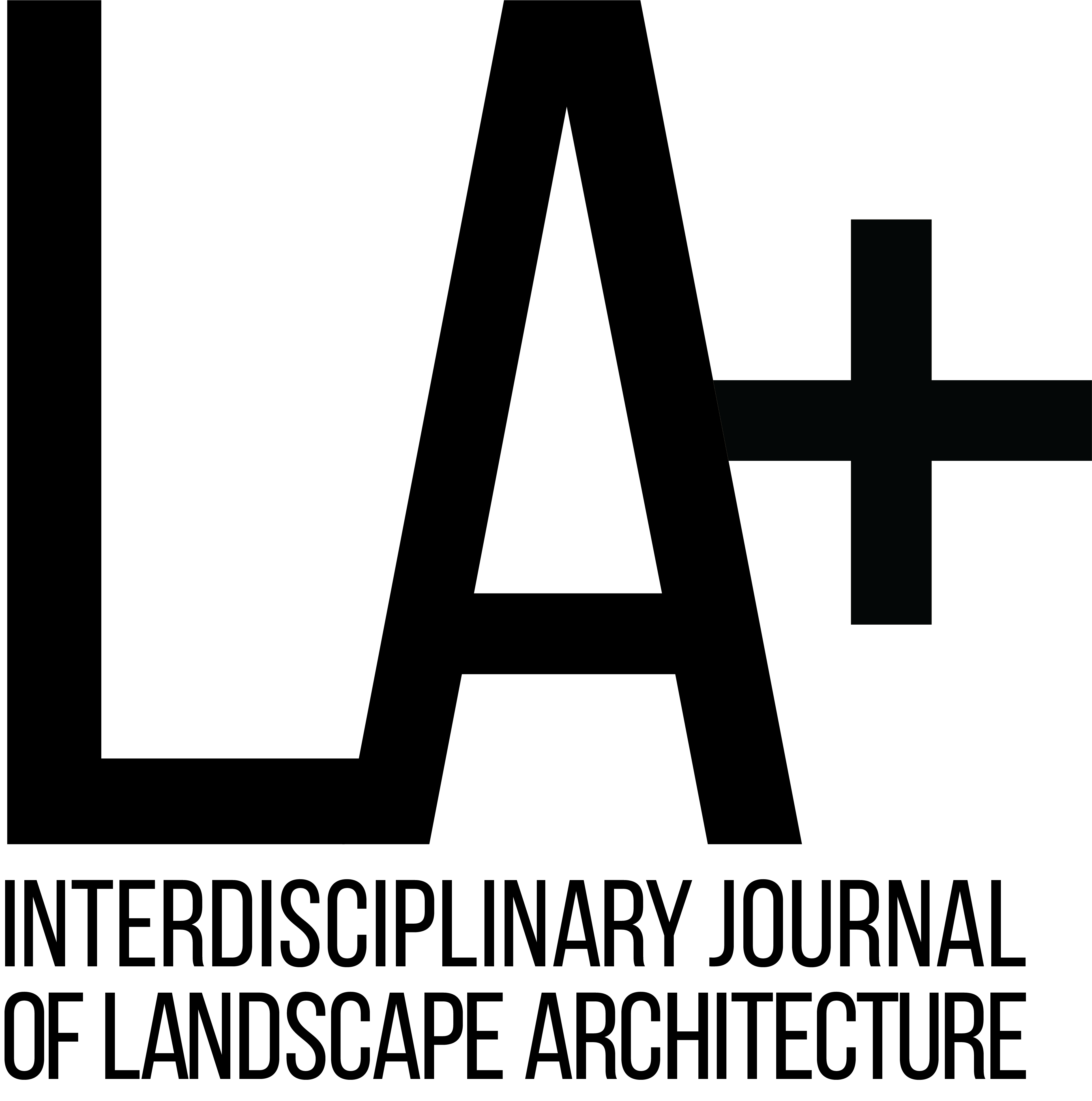A vast network of material and informational exchanges link botany to landscape design. As we scan nursery catalogs to select our favorite species and cultivars for a proposed design, much is concealed or forgotten about the seedy histories of colonization of which plant breeding, trade, and botanic gardens have played a central role. The blossoming interest in plants among environmental historians, science studies scholars, philosophers, and others are shedding light on these entanglements. At the same time, there is a declining interest in botany itself – a significant concern given that 10–40% of terrestrial plant species are at risk of extinction, and 50% have natural ranges that are shifting due to a warming climate. Furthermore, although plant propagation and hybridization through artificial selection is as old as agriculture, developments in genetics have revolutionized thinking about nature and classification, challenging the most basic assumptions about the “tree of life,” and whether concepts such as “species” and “individuals” are still viable.
From Linnaeus’s binomial system of classification to CRISPR technology, and from plant-robot sensors to debates over plant sentience, there is much to consider regarding our evolving relationship with plants, particularly in terms of how scientific knowledge is produced and organized. What new natures and people-plant relations are being materialized in plant breeding, plant conservation, botanic garden design, and botanic art today? G
uest-edited by Karen M’Closkey,
LA+ BOTANIC invites contributors from across the sciences, humanities, art, and design to reflect on our changing relationship to nature vis-à-vis plants and plant collections, as well as their representations.
Email abstract and short bio to laplus@design.upenn.edu by 20 June 2022. For information on submissions see, www.laplusjournal.com/Submissions.



